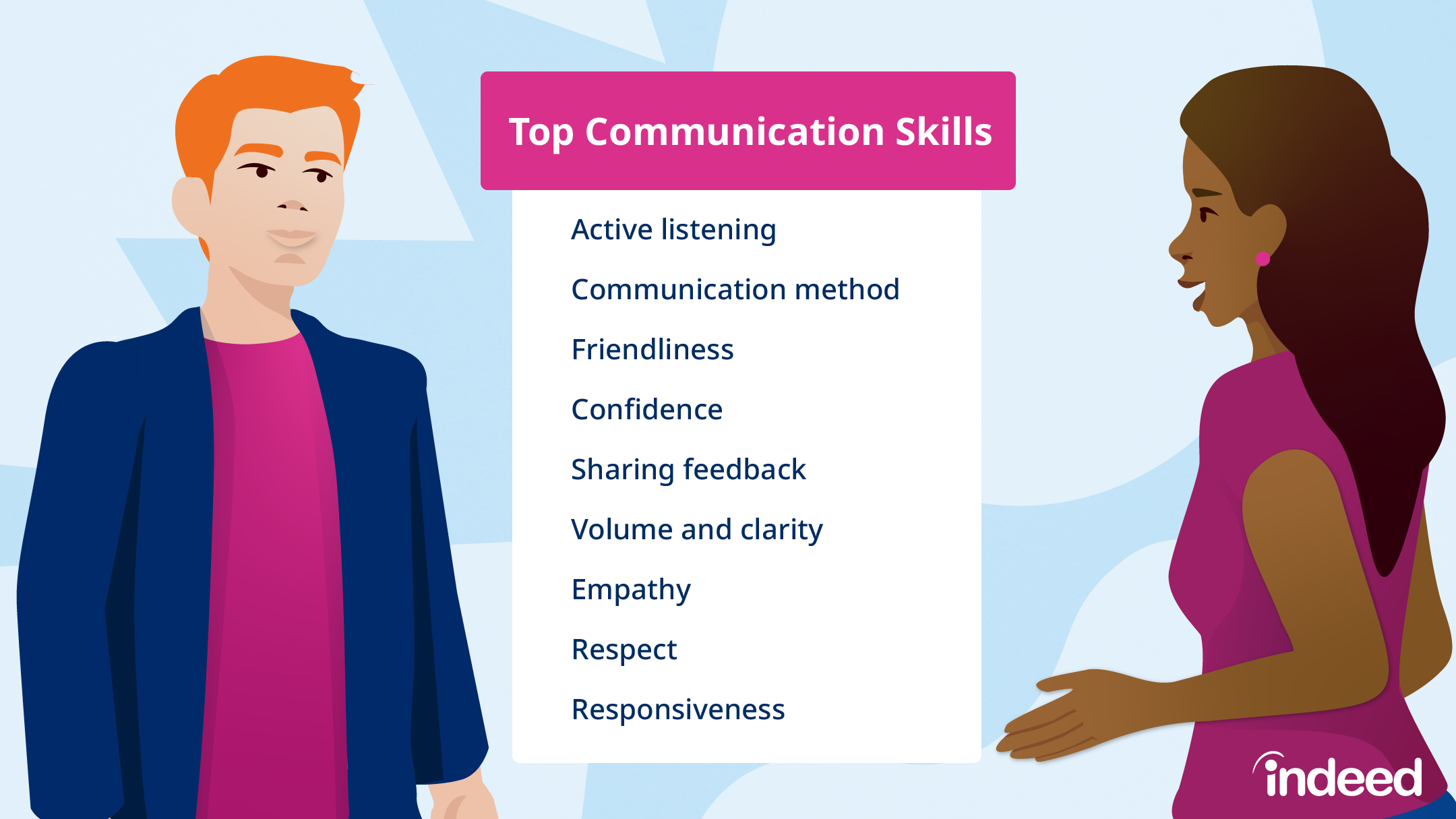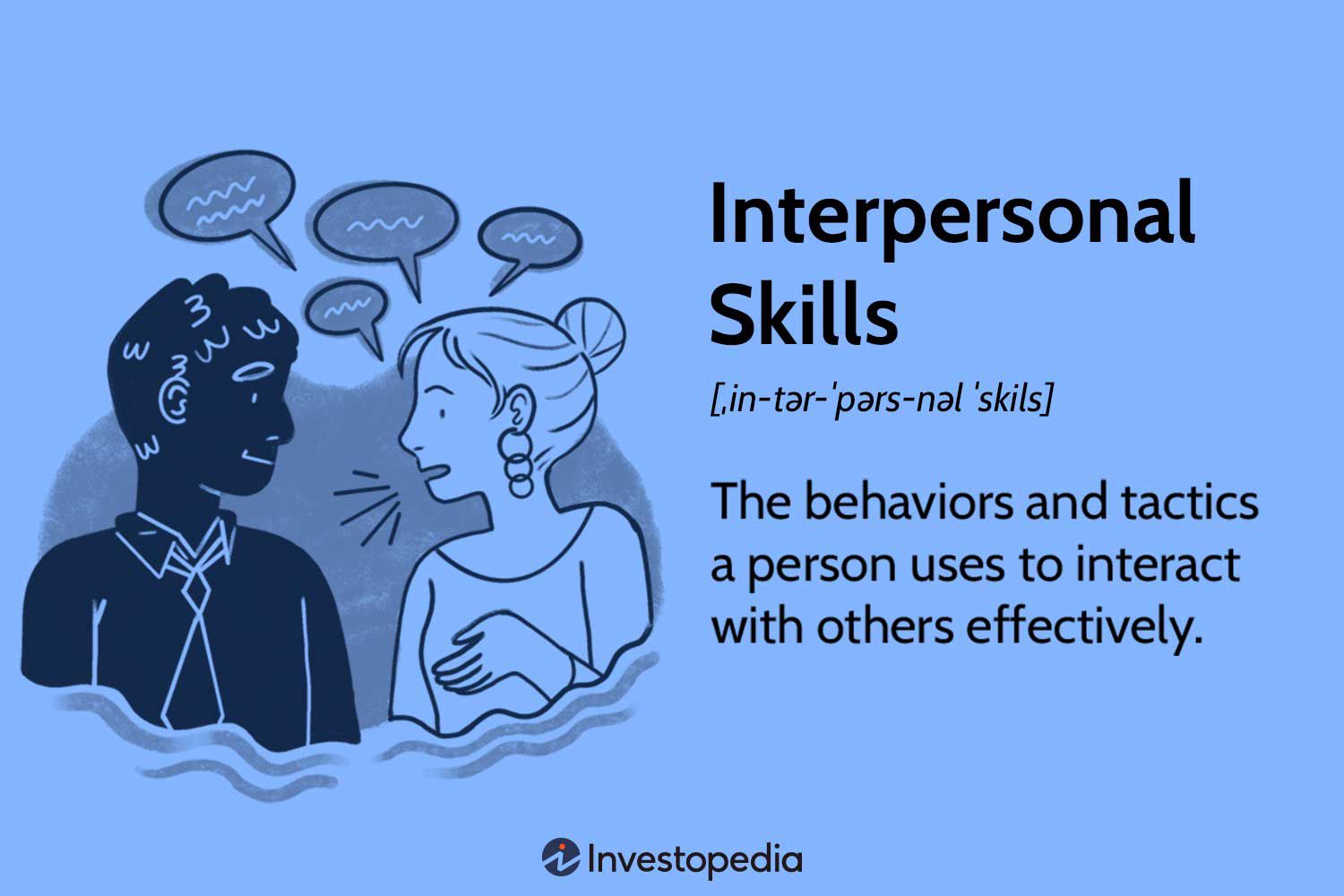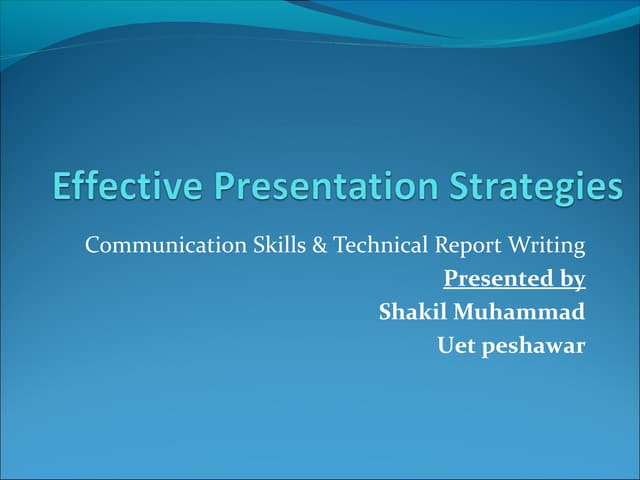Why Are People Skills Important?
People skills are important because they enhance communication and relationships, leading to success in personal and professional life. Developing strong people skills allows individuals to effectively connect and collaborate with others, establishing trust, resolving conflicts, and fostering cooperation.
These skills encompass various interpersonal abilities, such as active listening, empathy, effective verbal and nonverbal communication, and teamwork. People with excellent people skills excel in leadership roles, sales, customer service, and team environments, as they can understand and respond to the needs and emotions of others.
By possessing these skills, individuals can build strong networks, form meaningful connections, and navigate social situations with ease, ultimately contributing to their personal growth and career advancement.
Improving Communication
Active Listening
Active listening is a key component of effective communication. It involves fully focusing on and understanding what the other person is saying, rather than just passively hearing them. By actively listening, you show respect and empathy, which helps build trust and strengthen relationships. Additionally, active listening allows you to capture important details, both from verbal and non-verbal cues, which can help you respond accurately and appropriately. Here are a few tips to improve your active listening skills:
- Be fully present in the conversation, avoiding distractions and giving your undivided attention.
- Use body language to demonstrate engagement, such as nodding and maintaining eye contact.
- Don’t interrupt or rush the speaker; let them finish their thoughts before responding.
- Ask clarifying questions to ensure you fully understand their message.
Effective Verbal Communication
Effective verbal communication is crucial in conveying your ideas, opinions, and emotions clearly and accurately. It involves choosing the right words and tone, adapting your message to the audience, and being mindful of non-verbal cues. Here are some strategies to enhance your verbal communication skills:
- Choose words carefully to express your thoughts precisely, avoiding ambiguous or confusing language.
- Pay attention to your tone of voice, using a confident and calm tone to convey your message effectively.
- Adapt your communication style to suit different situations and audiences, ensuring your message is easily understood by all.
- Practice active and empathetic listening to ensure you understand the other person’s perspective and respond appropriately.

Credit: www.indeed.com
Building Relationships
Building strong and meaningful relationships is a fundamental aspect of personal and professional development. When it comes to people skills, the ability to foster connections is crucial. Effective relationships are built on empathy, understanding, collaboration, and teamwork. Developing these skills not only enhances your personal life, but it also greatly benefits your professional endeavors. Let’s explore two essential aspects of building relationships: empathy and understanding and collaboration and teamwork.
Empathy And Understanding
Empathy is the ability to understand and share the feelings of others. It enables you to connect with people on a deeper level and gain insight into their experiences. When you cultivate empathy, you create a space where individuals feel heard and valued. In turn, this fosters trust and strengthens relationships. Understanding plays a complementary role. By taking the time to comprehend different perspectives, you show respect for others’ opinions and gain a broader understanding of the world around you. Empathy and understanding lay the foundation for building meaningful and lasting connections, both personally and professionally.
Collaboration And Teamwork
In our increasingly interconnected and interdependent world, collaboration and teamwork have become vital skills. The ability to work effectively with others allows you to tap into diverse talents, perspectives, and strengths. By collaborating, you can leverage everyone’s expertise and achieve greater results collectively. Collaboration encourages creativity and innovation, as diverse ideas are shared and expanded upon. Additionally, when you function as part of a team, you develop essential skills such as communication, negotiation, and compromise. Building strong collaborative relationships strengthens the bonds within teams and fosters a positive work environment where everyone feels valued and motivated to contribute to shared goals.
Cultivating strong people skills, including empathy, understanding, collaboration, and teamwork, is not only beneficial personally but also professionally. These skills enable us to build relationships that are based on trust, respect, and mutual understanding. By developing these aspects of our interpersonal skills, we open ourselves up to a world of opportunities and create a positive and harmonious environment both in our personal and professional lives.
Enhancing Leadership Abilities
Leadership abilities are not only about being in charge but also about effectively guiding and inspiring a team towards common goals. Developing strong people skills is crucial for enhancing leadership abilities as it allows leaders to effectively influence and persuade others, as well as navigate conflicts and find solutions. In this blog post, we will explore the importance of people skills in enhancing leadership abilities with a focus on two key areas: influencing and persuasion, and conflict resolution.
Influencing And Persuasion
Leaders who possess the skills of influencing and persuasion have the power to motivate and engage their team members towards achieving desired outcomes. Being able to clearly communicate vision and goals in a convincing manner is a vital leadership skill. It helps leaders gain buy-in from team members and create a sense of unity and focus. Through effective influencing and persuasion, leaders can inspire others to perform at their best and drive the overall success of the team or organization.
Conflict Resolution
Conflicts can arise in any work environment, and leaders who are skilled in conflict resolution can address these issues with confidence and fairness. Conflict resolution entails the ability to listen actively to different viewpoints, identify common ground, and facilitate effective dialogue that leads to mutually beneficial solutions. Leaders who excel in conflict resolution can promote a harmonious and productive work environment where conflicts are managed constructively, ultimately fostering stronger teamwork and collaboration.
By enhancing their people skills in influencing and persuasion, as well as conflict resolution, leaders can improve their effectiveness in driving teams towards success. These skills enable leaders to effectively communicate, motivate, and resolve conflicts, resulting in a more engaged and productive team. Whether in small or large organizations, strong people skills are essential for leaders to inspire and lead their teams towards greater achievements.
Increasing Emotional Intelligence
People skills are essential for effective communication and building strong relationships. Increasing emotional intelligence helps individuals understand and manage their emotions, leading to better interactions and more meaningful connections.
Self-awareness is an essential aspect of emotional intelligence and plays a significant role in our personal and professional lives. By being self-aware, we gain a deeper understanding of our own emotions, thoughts, and behaviors, allowing us to navigate interpersonal relationships with greater ease. It involves recognizing our strengths and weaknesses, understanding what triggers certain emotions within us, and being conscious of how our actions affect others. Managing Emotions Once we have developed self-awareness, the next step toward increasing emotional intelligence is managing emotions. This involves the ability to recognize and understand our emotions in different situations and to express them effectively and appropriately. Emotionally intelligent individuals are skilled at managing their emotions, whether it is controlling anger, dealing with stress, or staying calm in difficult situations. They have the ability to respond to challenges with resilience and adaptability, enabling them to maintain positive relationships and achieve their goals. Here are some strategies to enhance emotional intelligence and improve our ability to manage emotions: 1. Practice self-reflection: Set aside time each day to reflect on your emotions, thoughts, and behaviors. This self-reflection allows you to gain insights into your own patterns and triggers, enabling you to make conscious choices about how to respond emotionally. 2. Develop empathy: Empathy is the ability to understand and share the feelings of others. By putting ourselves in someone else’s shoes, we can better understand their emotions and respond with greater compassion and support. This skill is crucial for building strong relationships and resolving conflicts effectively. 3. Learn to communicate effectively: Effective communication plays a vital role in managing emotions. It involves expressing our emotions clearly and assertively while also actively listening to others. By developing strong communication skills, we can avoid misunderstandings, resolve conflicts, and build stronger connections with others. 4. Practice stress management techniques: Stress can significantly impact our emotional well-being. Learning and practicing stress management techniques such as deep breathing, meditation, and exercise can help us cope with stress more effectively and maintain a balanced emotional state. 5. Seek support: It’s essential to reach out for support when needed. Whether it’s talking to a trusted friend, seeking professional help, or joining a support group, seeking support can provide valuable insights and guidance in managing emotions. By developing self-awareness and enhancing our ability to manage emotions, we can increase our emotional intelligence. This greater emotional intelligence not only improves our relationships but also enhances our overall well-being and success in various aspects of life. So, let’s focus on developing and honing our people skills to thrive both personally and professionally.Boosting Career Success
Networking
Effective networking is crucial for career growth and success. Building a strong professional network allows you to connect with like-minded individuals, industry experts, and potential employers, opening doors to new opportunities. By interacting with others in your field, you can gain valuable insights, stay updated on industry trends, and even discover job openings that may never be advertised. Networking can increase your visibility, enhance your reputation, and create lasting relationships that may be advantageous throughout your career.
Negotiation Skills
Developing strong negotiation skills can significantly impact your professional growth and success. Whether you are negotiating a salary, contract terms, or partnerships, being adept at negotiation allows you to reach mutually beneficial agreements and secure favorable outcomes. Effective negotiation skills demonstrate your ability to communicate, persuade, and advocate for your interests. Being a confident negotiator can help you secure better compensation packages, valuable resources, and advantageous business deals, ultimately propelling your career forward.
:max_bytes(150000):strip_icc()/interpersonal-skills-list-2063724_final-dfee3d19201c47a5ae5f52ea170f122c.png)
Credit: www.thebalancemoney.com

Credit: www.facebook.com
Frequently Asked Questions On Why Are People Skills Important?
Why Are People Skills Important In The Workplace?
People skills are crucial in the workplace as they foster effective communication, collaboration, and teamwork among employees.
What Are The Benefits Of Developing People Skills?
Developing people skills leads to improved relationships, enhanced problem-solving abilities, and increased job satisfaction in both personal and professional life.
How Can People Skills Contribute To Career Success?
People skills contribute to career success by helping individuals build networks, negotiate effectively, and showcase leadership qualities that attract professional opportunities.
Conclusion
In a world that increasingly relies on technology, people skills remain a vital component of success. Effective communication, empathy, and the ability to build relationships are qualities that cannot be replaced by machines. These skills foster collaboration, enhance leadership abilities, and create a positive work environment.
Developing and honing people skills is essential for professional growth and personal satisfaction. By recognizing the importance of these skills, individuals can position themselves for success in any area of their lives. So, invest in enhancing your people skills and watch your opportunities grow.


